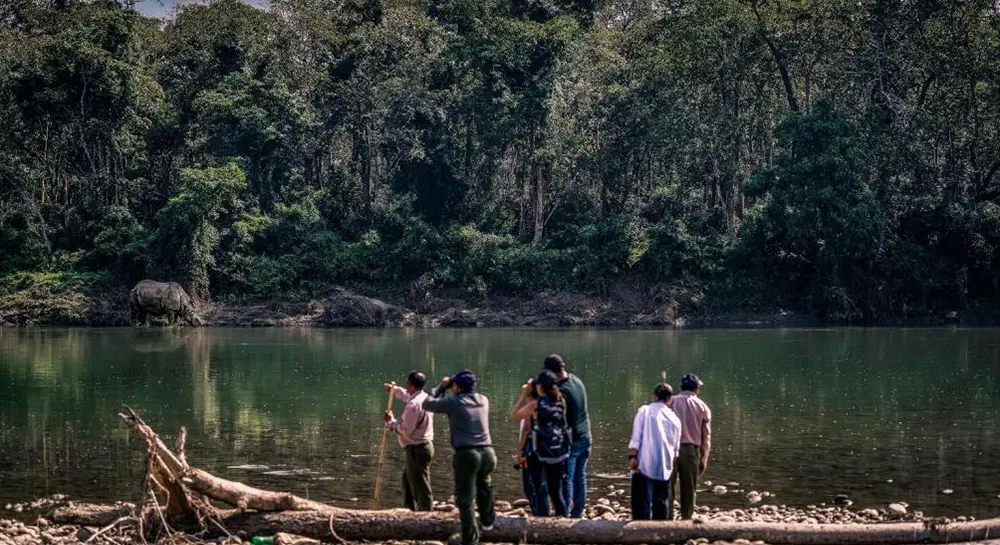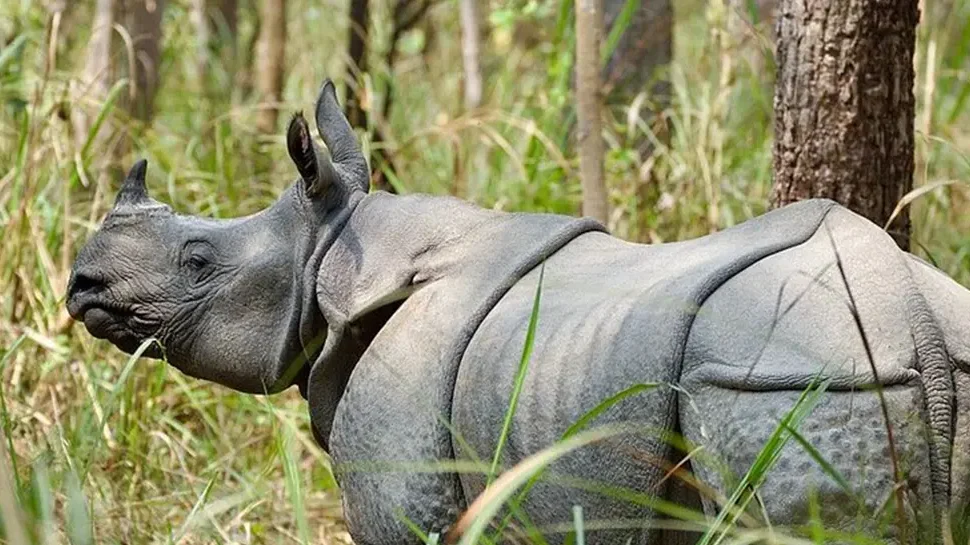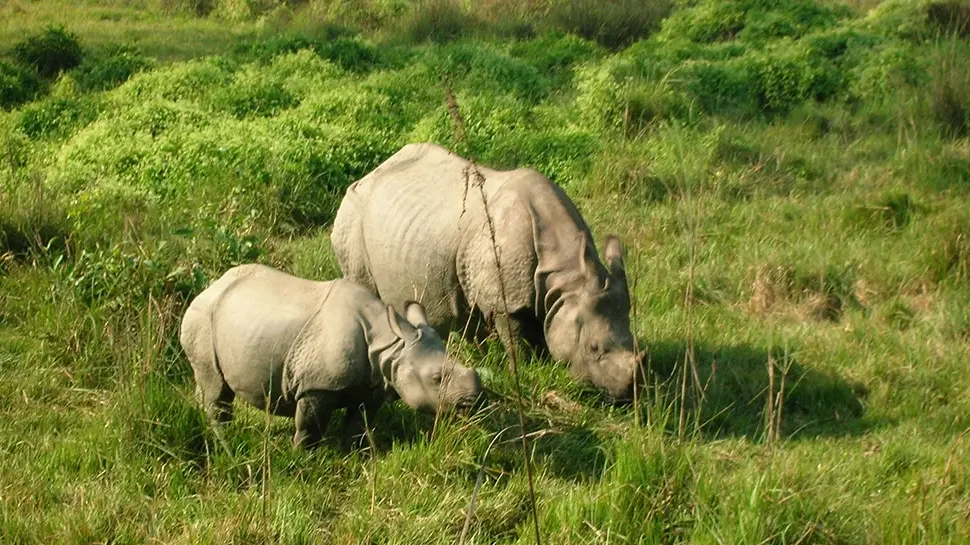Chitwan National Park can be described as one of the most suitable places that students should visit, accompanied by a combination of adventure, learning, and life-altering moments. As the first national park in Nepal and a UNESCO World Heritage site, it provides a secure environment where young students can learn about nature.
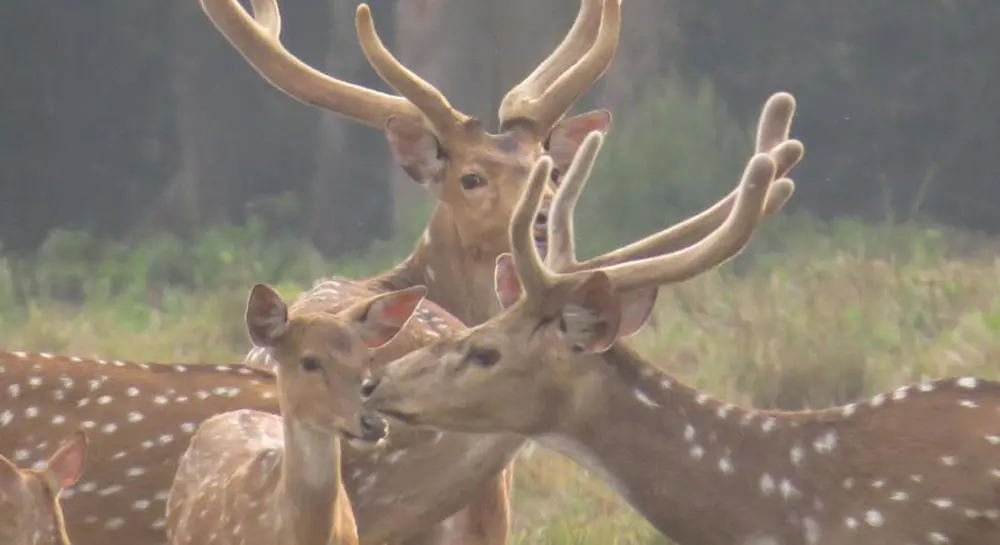
The park is highly biodiverse, allowing students to see examples of living animals, plants, and ecosystems that they have likely only read about in books. Whether it’s seeing rhinos in the grasslands or learning about birds migrating along the rivers, every moment is a chance to combine learning and adventure. The Chitwan jungle safari trip is more than a wildlife trip because students also learn about culture, teamwork, and exploration.
Chitwan can serve as the ideal place since it promotes students’ appreciation of the concept of conservation, develops a sense of respect for nature, and allows them to learn with fun while acquiring practical experience. The Chitwan Jungle Safari is both entertaining and educational, making it suitable for school field trips, college outings, and student tours while also providing young minds with the excitement of wild exploration.
Educational Value
Young learners can greatly benefit from the trip to Chitwan National Park as part of their educational journey. Chitwan National Park is home to over 700 greater one-horned rhinoceroses, Bengal tigers, and gharial crocodiles, as well as various bird species, making it an ideal location for studying wildlife. Learners can learn about the diets and habitats of such animals by studying them in the wild.
The opportunity to learn about ecosystems like sal forests, the grass fields, and the wetlands and the way each of them manages to sustain different life forms is equally important. Teachers and guides are likely to provide information regarding food chains, the interdependence of species, and the dangers of climate change and humans. Chitwan National Park conservation is another learning area. Teachers expose students to ongoing efforts, like anti-poaching patrols, breeding, and reforestation.
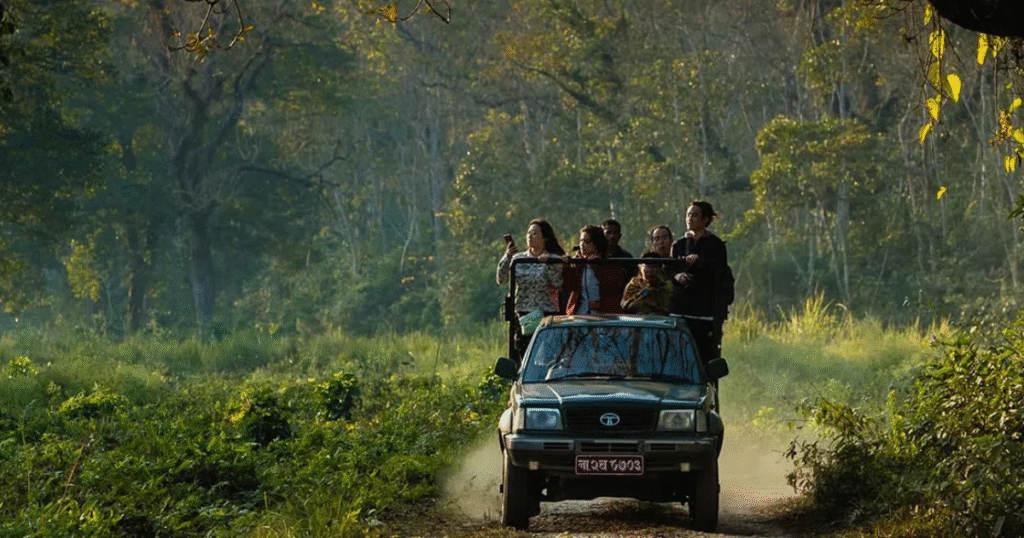
The material expands their general knowledge about endangered species and educates them on why it is important to save our biodiversity in the future. Compared to traditional lessons, Chitwan jungle safari offers practical experiences where learning becomes an adventure and curiosity leads to enlightenment. Students do not only receive facts; they obtain a more profound understanding of wildlife and the need to ensure sustainable living.
Safari Experiences for Students
The specific tagging of the Chitwan safari experience is quite unique in that it balances the factors of being safe and adventurous, making it fit for the student level. The Jeep Safari, the most popular option, transports groups in open jeeps under the guidance of trained naturalists. This method can enable the students to roam vast sections of the park and encounter big animals, such as rhinos, elephants, deer, and even tigers, while still being safe.
Other fun activities include canoe rides along the Rapti or Narayani rivers. Students here will get an up-close experience with rivers and riverside animal life, like crocodiles sunbathing on riverbanks and birds diving into the water to feed on fish. Suitable for those living an active lifestyle who like to walk, there are guided nature walks, where people can have a closer look at a variety of flora and insects, as well as smaller animals, observing how they interact with each other according to a specific plan by an expert.
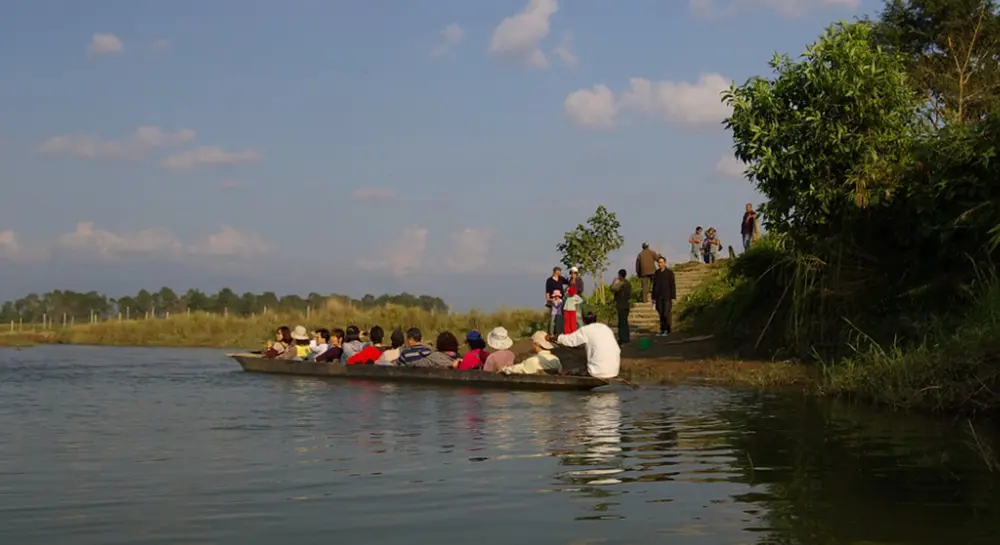
It is also famous for birdwatching, as Chitwan is a heaven to the migratory and resident birds. Students will learn how to identify bird species and understand their migratory patterns. Every activity in the safari is participative, participatory, and designed to stimulate inquisitiveness. These adventures are mixed with fun and learning so that students feel like they are discoverers as they explore the more profound meaning of life behind the wild animals and environmental conservation.
Cultural Interaction
Student Chitwan jungle safaris are more about the rich Tharu culture, which is part of this land’s history, than wildlife. The trip to a Tharu village will allow the students to observe local houses and structures made of mud, wood, and thatch and gain an idea of the way the local community coexists with nature. The students will be able to socialise with the locals, ask them questions, and follow their everyday lives, which include farming, fishing, and crafting various goods.

Another highlight is the cultural aspect, where students have the opportunity to watch Tharu dance and music, primarily focused on their folklore and celebrations. Immersion in this form will help students understand the connection between the natural environment, traditions, and culture. The journey also includes eating Tharu food, which reminds me of the local cuisine and the taste of fresh farm produce.
Such cross-cultural interactions open up students’ minds about how to diversify and make use of native knowledge. Being immersed in the way of Tharus living can make the safari more captivating, and students will not only have a rich knowledge of the wildlife but also have a clearer understanding of the human culture/heritage of Chitwan.
Team Activities & Learning
Chitwan jungle safaris provide many opportunities for teamwork and active learning, making them ideal for school or college groups. Students can take part in group discussions with naturalists and guides who educate them about conservation challenges and share ideas on how to protect the environment. Activities like wildlife photography or sketching encourage creativity, as students capture the beauty of animals, birds, and landscapes while developing observation skills.
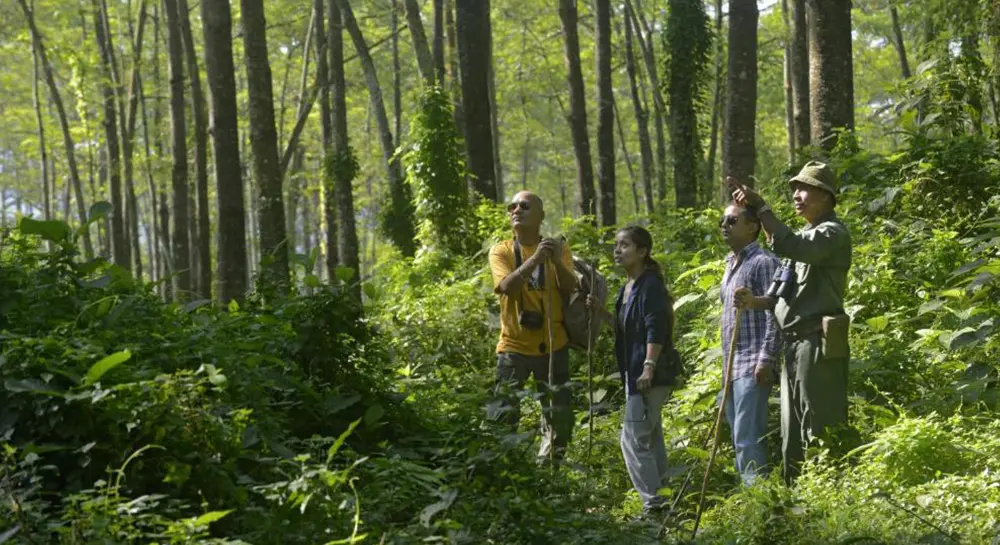
We also organise interactive conservation sessions that engage students by learning about topics such as climate change, biodiversity loss, and sustainable tourism. These activities encourage collaboration, problem-solving, and communication among students, as they often work in teams to complete tasks or share discoveries. Teachers and guides can also arrange quizzes or short presentations to make learning more interactive.
Beyond academics, these activities build friendships, teamwork, and leadership qualities. Most importantly, students are encouraged to think critically about their role in protecting the environment. By combining fun, creativity, and teamwork, Chitwan provides an experience that goes far beyond the classroom, giving students lessons that will stay with them long after the safari ends.
Safety & Guidelines
Chitwan focuses on safety in the student safaris, creating an environment where learning and fun exist together. They only require the students to take instructions carefully and are always asked to listen to guides who are trained to handle wild animals and are familiar with the safest paths. Park rules must always be followed: jeep safari passengers must stay in their vehicles, and walkers must stay in groups.
Wildlife should be respected, and you may require a safe distance; avoid making rapid movements and avoid feeding animals. Environmentally friendly behaviour is also important. It is recommended to students that they should not litter, carry reusable bottles of water with them, and leave the natural environment intact. Neutral clothes will make you less noticeable, so it will be simpler to observe wildlife and not disturb animals too much.
Parents and teachers shouldn’t worry that guides and staff will compromise safety and ruin the safari. These rules not only ensure student safety but also help establish a culture of responsible mobility and a responsible attitude towards nature. Through these practices, the students are part of the park conservation, and they end up having a memorable experience.
Conclusion
A Chitwan jungle safari is no ordinary field trip; it can be a life-changing experience, especially for students. This section exclusively presents the possibility of witnessing crocodiles, rhinos, tigers, and hundreds of bird species, as well as receiving information about the significance of ecosystems, defence, and conservation. In addition to the excitement of Chitwan jungle safaris, exposure to Tharu culture and engaging in practical learning activities make the experience wholesome by incorporating nature, culture, and education.
Additionally, students acquire teamwork skills, demonstrate respect for their natural surroundings, and develop a conscience regarding the conservation of endangered species. Students become sensitive and take responsibility for nature after seeing wildlife in its natural setting, and this provides them motivation to be proactive in saving the environment. Chitwan fosters inquiry and awareness and stimulates the relationship between child minds and nature. It is a learning experience whereby each student is taught how to contribute to preserving the planet for our future generations.

